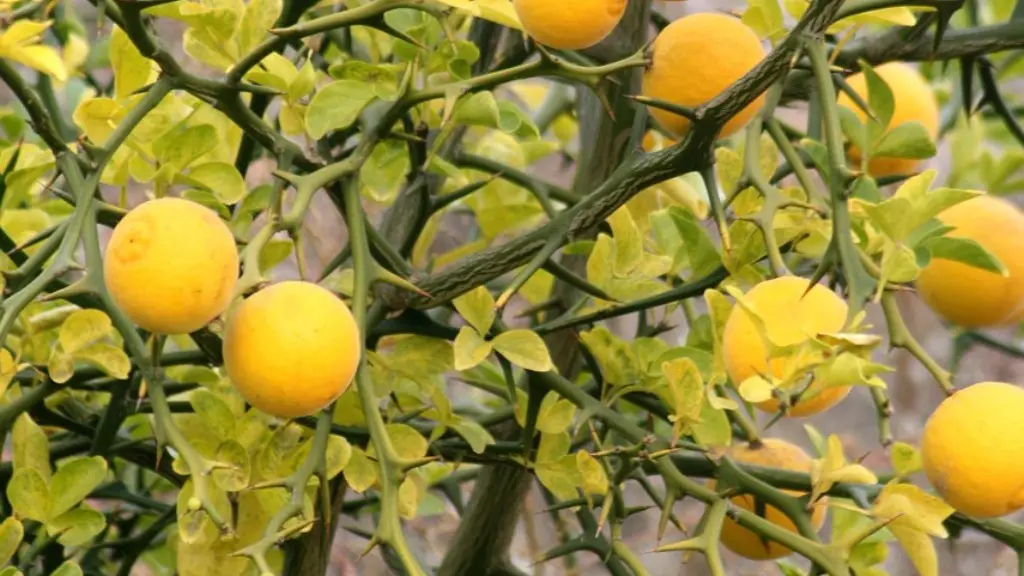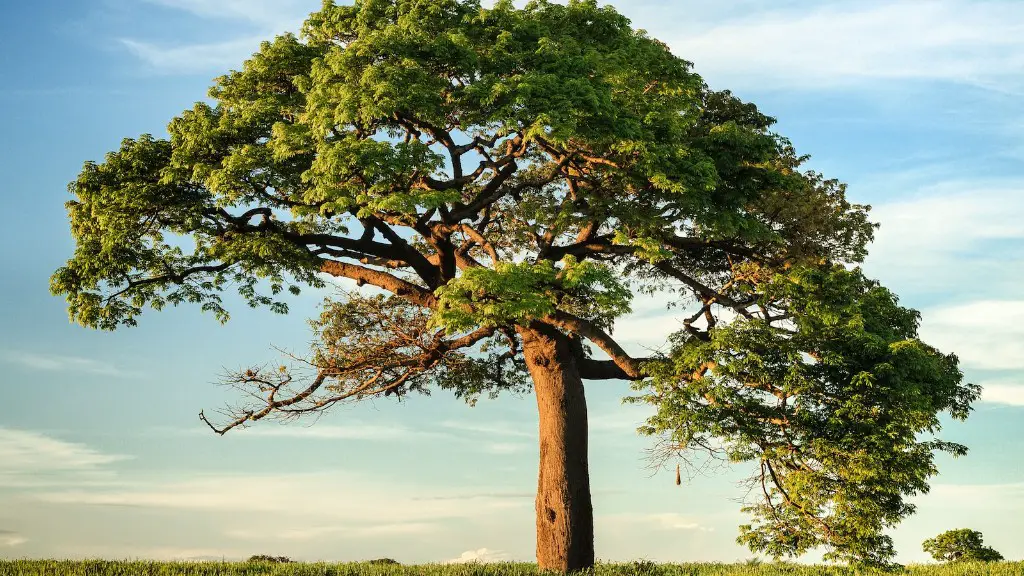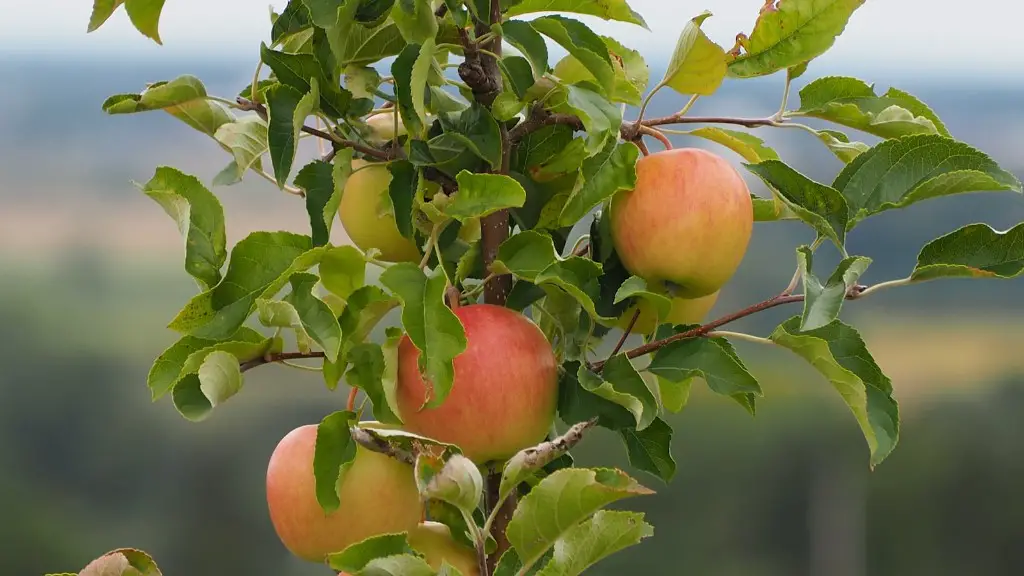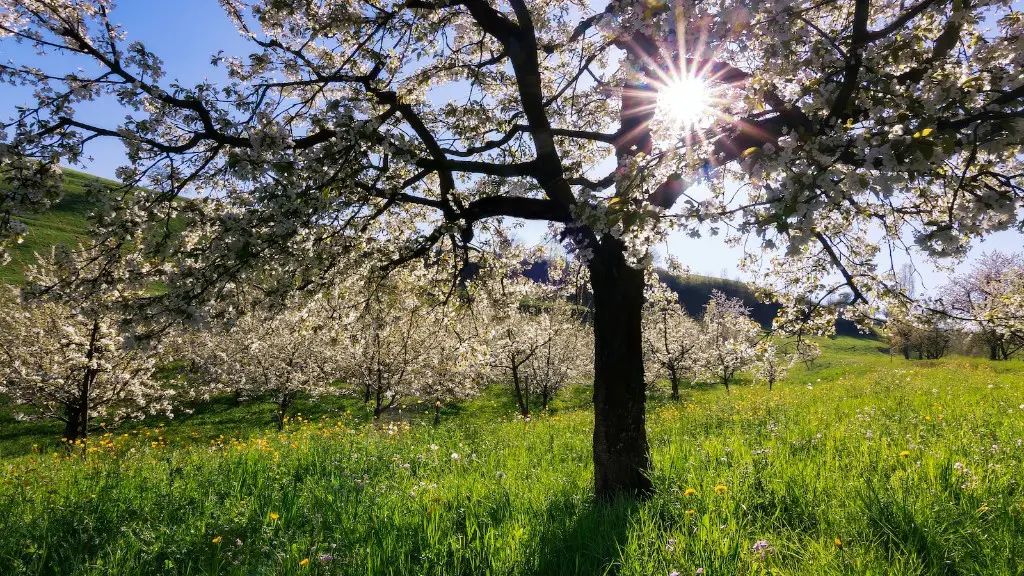Whether or not a lemon tree should be placed outdoors depends largely upon where you live and the climate. Planting and caring for a lemon tree outdoors is not a difficult task, providing a few key requirements can be met. Herein, we will discuss when, and under what conditions, a lemon tree can be kept safe outdoors.
Understanding the Climate
A lemon tree needs warm temperatures and consistent water. The ideal temperature range is between 65 degrees and 85 degrees Fahrenheit. Temperatures lower than 45 degrees can cause damage, possibly killing the tree. If you are located in an area experiencing frequent temperature fluctuations or extreme weather, you should stagger the outdoor placement of your tree – and be sure to bring it back indoors if such temperatures arrive. Additionally, some areas are prone to significant fluctuations in sunlight and water. In such areas, you may have to adjust your watering schedule. Consistent water is key to a thriving lemon tree, so extra care must be taken to ensure the tree is properly hydrated during incidents of low water availability.
Preparing the Plant Before Outdoors Placement
Before placing your lemon tree outdoors, it is advisable to harden it off slowly. This can be done by slowly allowing exposure to outdoor temperatures and conditions over a span of several days. Additionally, protecting the lemon tree from wind and temperature extremes during the early days of outdoor exposure can be beneficial for acclimatizing the tree. Selecting a location for your tree that is sheltered from wind, with direct sun for five to six hours a day, is important for optimizing its overall growth.
Considerations Before Outdoors Placement
Another factor to consider prior to placing your lemon tree outdoors is soil quality. It is important to ensure the soil is loose, well-draining, and free from pests. Furthermore, a full soil analysis should be performed to check the absolute and relative amounts of each nutrient contained in the soil. This soil analysis can be used to create the proper fertilization plan for the lemon tree. Applying fertilizer to the tree at least once per month is necessary for ensuring a healthy growth rate – so it is important to have a plan in place prior to the tree’s outdoor placement.
Harvesting
When keeping a lemon tree outdoors, it is important to make sure to harvest the lemons when they are mature in order to encourage further growth. Typically, the lemons should be harvested when they reach a yellow tint and are plump. Lemon trees can thrive outdoors when given the proper care, as long as they are provided with warm temperatures and consistent water.
Provide Protection
As already mentioned, lemon trees must be brought indoors during low temperature periods. Further protection can be provided against extreme weather with the help of tarps and large umbrellas. Additionally, mulch can be used to insulate the soil around the lemon tree to protect it from frost and extreme temperatures.
Prune Properly
When keeping a lemon tree outdoors, it is important to prune it properly. This will help to promote good air circulation and direct sunlight growth, as well as maintain the desired shape and form of the tree. Pruning should be done at least once a year, or more if necessary. Additionally, pruning tools must be kept clean to prevent the introduction of any diseases to the tree.
Diseases
Because of their tendency to retain a lot of water, lemon trees can be prone to certain diseases such as powdery mildew. If left untreated, these diseases can cause significant damage to the tree. It is important to check the tree’s leaves and bark regularly, and treat any signs of disease as soon as possible. Spraying a dormant oil can be beneficial, as this can help to prevent future infestations of certain pests.
Be Vigilant Against Pests
When a lemon tree is left outdoors, it is also important to be vigilant against pests. Common pests that infest lemon trees include mealybugs, aphids, and scale. These pests feed on the leaves of the tree, leaving behind a sticky, sugary residue known as honeydew. This honeydew can facilitate the growth of mold and mildew and should be cleaned off immediately. Pesticides are the best method for controlling these pests, but other options such as using pheromones and traps can also work.
Fertilizing
Fertilizing a lemon tree is essential for its health and vigor when grown outdoors. A slow-release fertilizer should be used at least every 3 months. This kind of fertilizer will help to ensure that the tree receives the proper amounts of nutrients at regular intervals. The fertilizer should also contain micronutrients such as iron, copper, and zinc, to ensure the tree’s proper growth.
Protect From Deer
Deer are a major threat to lemon trees grown outside. If left unchecked, they can ravage an entire lemon tree in a day or two. The best way to protect a lemon tree from deer is to install a 6-foot-tall fence around the perimeter of the tree. In addition to this, it is important to remove any fallen fruit from beneath the tree, as this will attract deer. A smell-deterrent such as WD-40 can also be sprayed around the perimeter to help keep deer away.
Watering in Extreme Weather
In areas with extreme weather, additional care must be taken to ensure the lemon tree is not deprived of water. During long periods of low rainfall, the tree should be hand-watered every two to three days. It is also important to ensure that the tree is not over-watered. Signs of overwatering include brittle, yellowing leaves and a decrease in fruiting. It is best to use a water meter to ensure that the tree is receiving the right amount of water.



